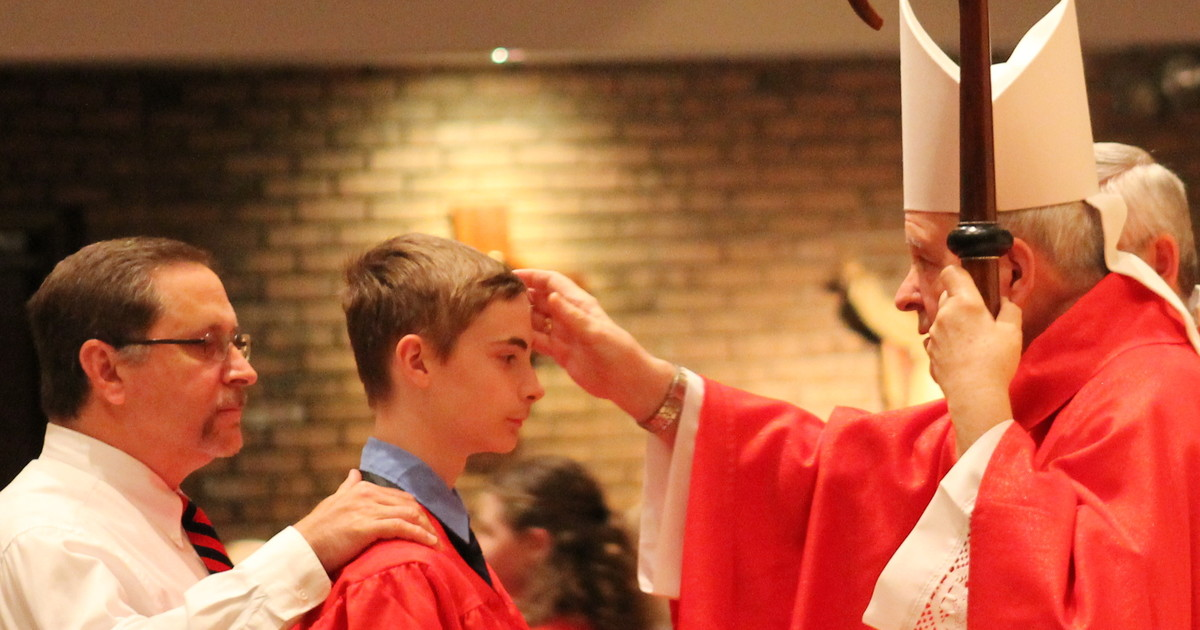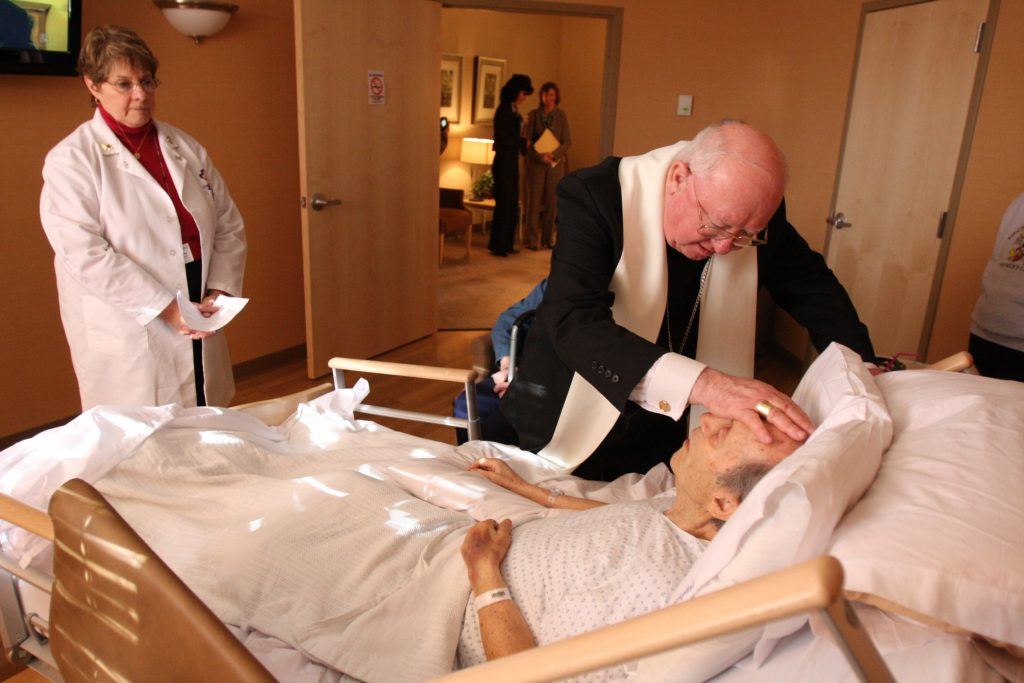CONFIRMATION AND THE PASCHAL MYSTERY

CONFIRMATION AND THE PASCHAL MYSTERY Pope St. Paul VI spoke of the Sacrament of Confirmation as perpetuating the grace of Pentecost in the Church. The Holy Spirit is “the Lord, the giver of life,” as we say in the Nicene Creed. His presence at the beginning of creation is noted in the second verse of the first chapter of Genesis: “and the Spirit of God was moving over the face of the waters.” He is what the tradition calls the Creator Spiritus , united with the Father and the Son in creating the material world and giving spirit to man, symbolized when God “breathed into his nostrils the breath of life” (Gen 2:7) . The Spirit of God is prominent in the preaching of the prophets and in the wisdom literature of the Old Testament. He is made more explicitly known in the New Testament, beginning with the baptism of Christ, when he comes upon him in the form of a dove. ...



